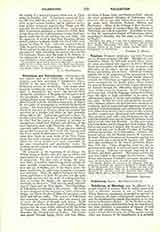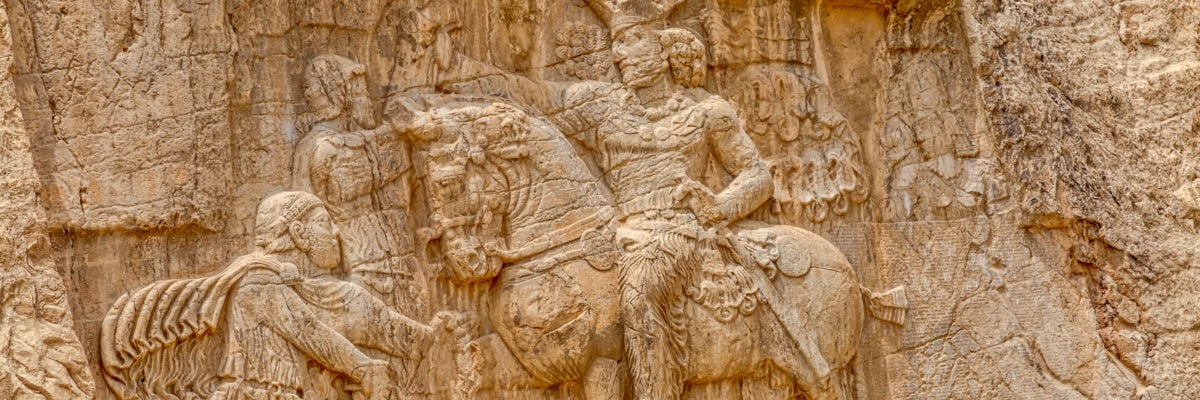

Valerian (PUBLIUS AURELIUS LICINIUS VALERIANUS), Roman emperor (253-60). Member of a distinguished family, he had held several offices before the army proclaimed him emperor in 253 at Rhtia. Weak and irresolute, his abilities were unequal to the difficulties of the times; his son and coregent, Gallienus, was lacking also in force. Christian tradition regards him as the originator of the persecution of the Christians under Decius. Though kindly disposed towards the Christians as emperor he was driven to severe measures by the hostile party, whose leader, the general Macrianus, aimed only to gain advantages for himself through the difficulties internal disturbances would cause the emperor. In 257 Valerian is-sued a rescript, in kindly language, taking from Christians the right to hold assemblies or to enter the subterranean places of burial, and sending the clergy into exile. In 258, by a new and absolutely merciless edict, bishops, priests, and deacons were executed immediately, men of senatorial and equestrian rank were punished with degradation and confiscation of goods, to be followed by death if they refused to offer heathen sacrifice, women were threatened with confiscation of their property and exile, and Christians in the imperial household were sent in chains to perform forced labor on the imperial domains. In this persecution Christian Rome and Carthage lost their leaders: Pope Sixtus was seized on August 6, 258, in one of the Catacombs and was put to death; Cyprian of Carthage suffered martyrdom on September 14. Another celebrated martyr was the Roman deacon, St. Lawrence. In Spain Bishop Fructuosus of Tarragona and his two deacons were put to death on January 21, 259. There were also executions in the eastern provinces (Eusebius, VII, xii). Taken altogether, however, the repressions were limited to scattered spots and had no great success. Valerian was finally captured by the Persians and died a prisoner. Macrianus and his two sons were killed in the struggle for the throne. Gallienus, who became Valerian’s successor, annulled at once all his father’s laws hostile to Christianity.
KLEMENS LOFFLER


